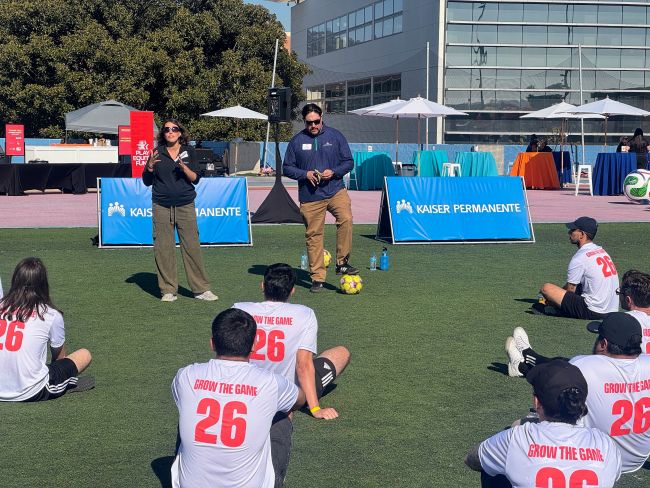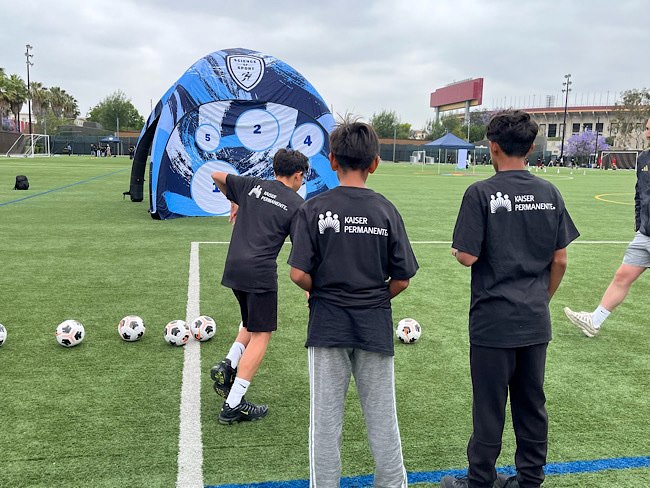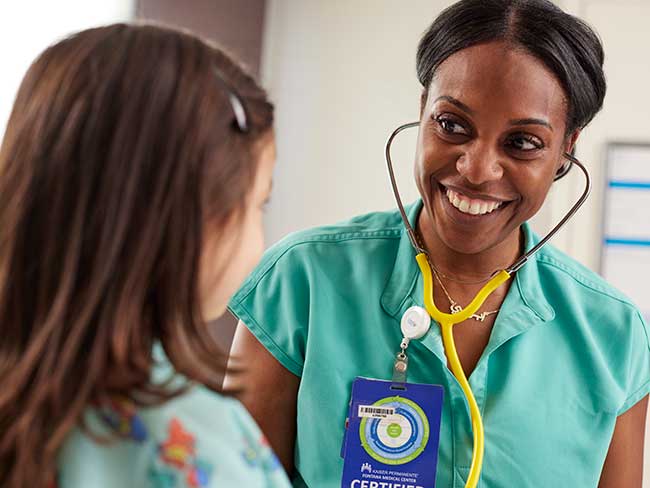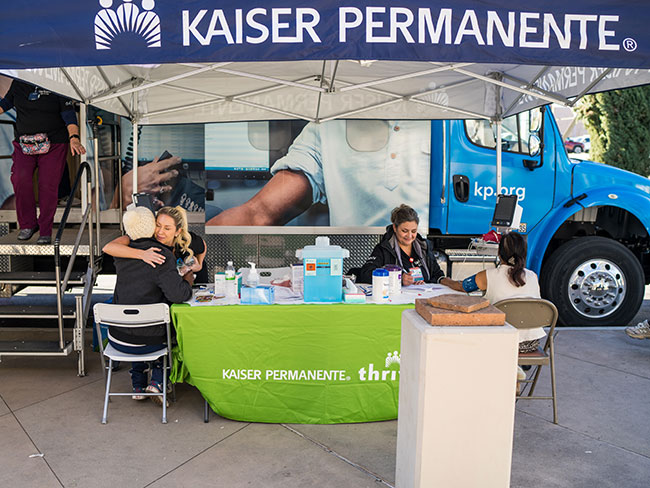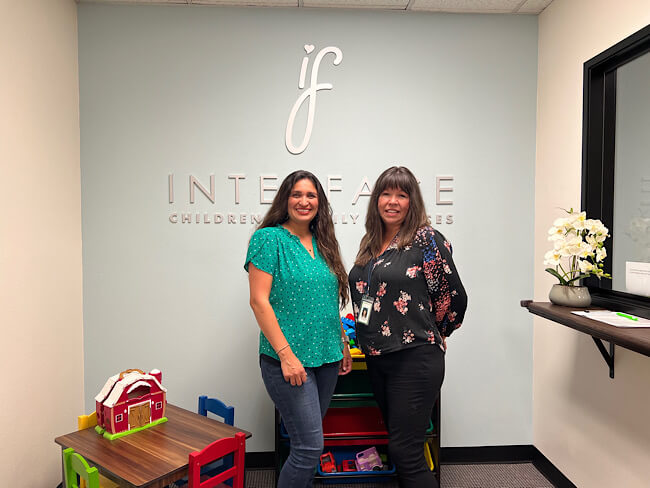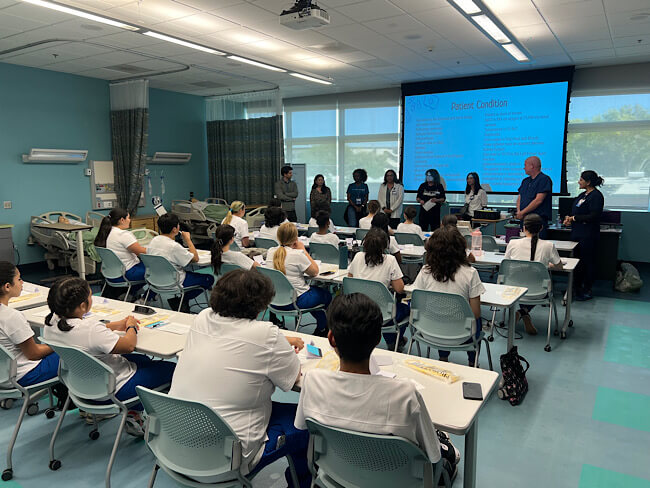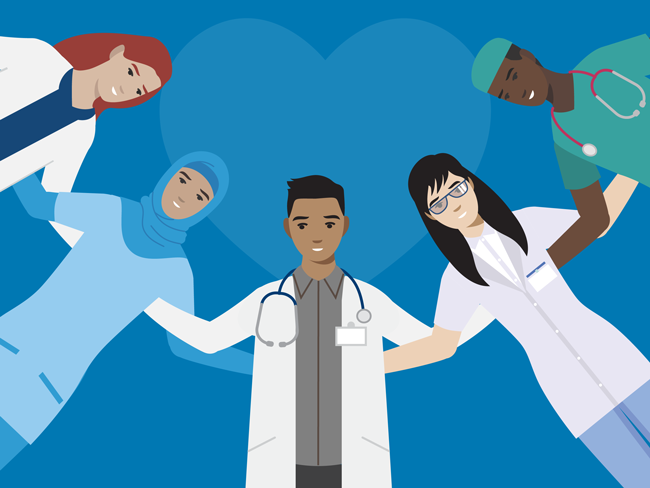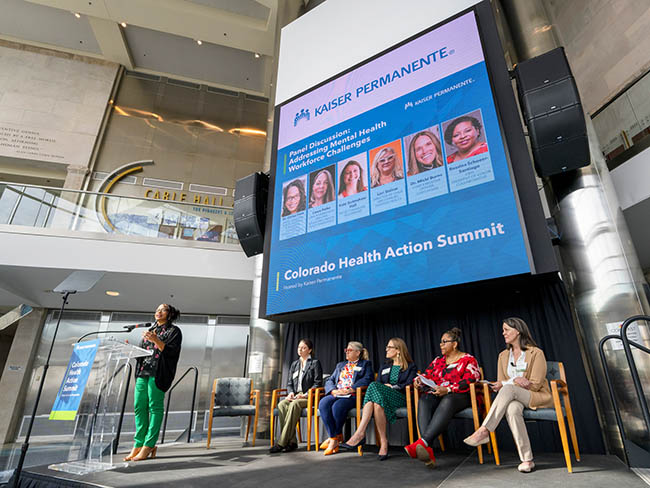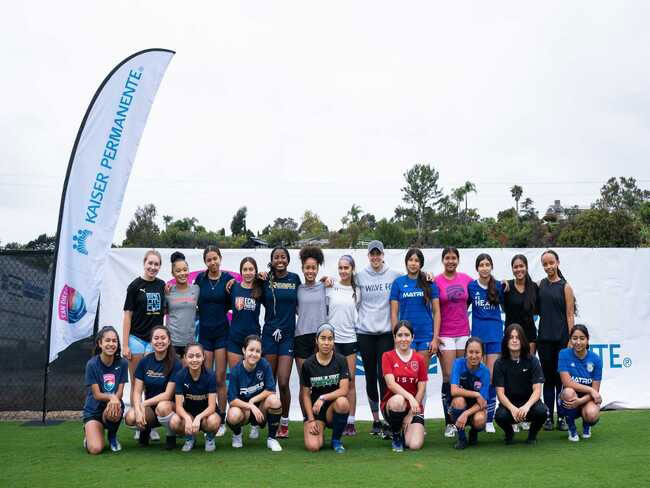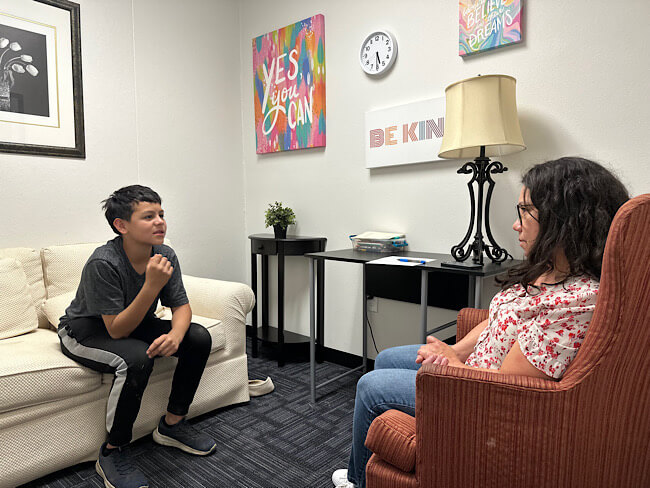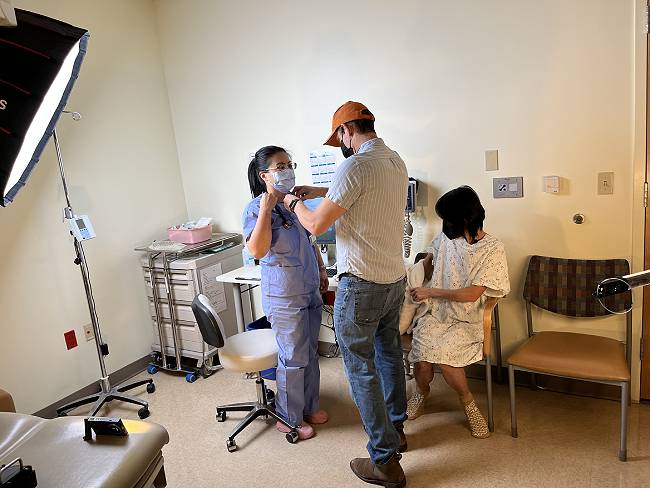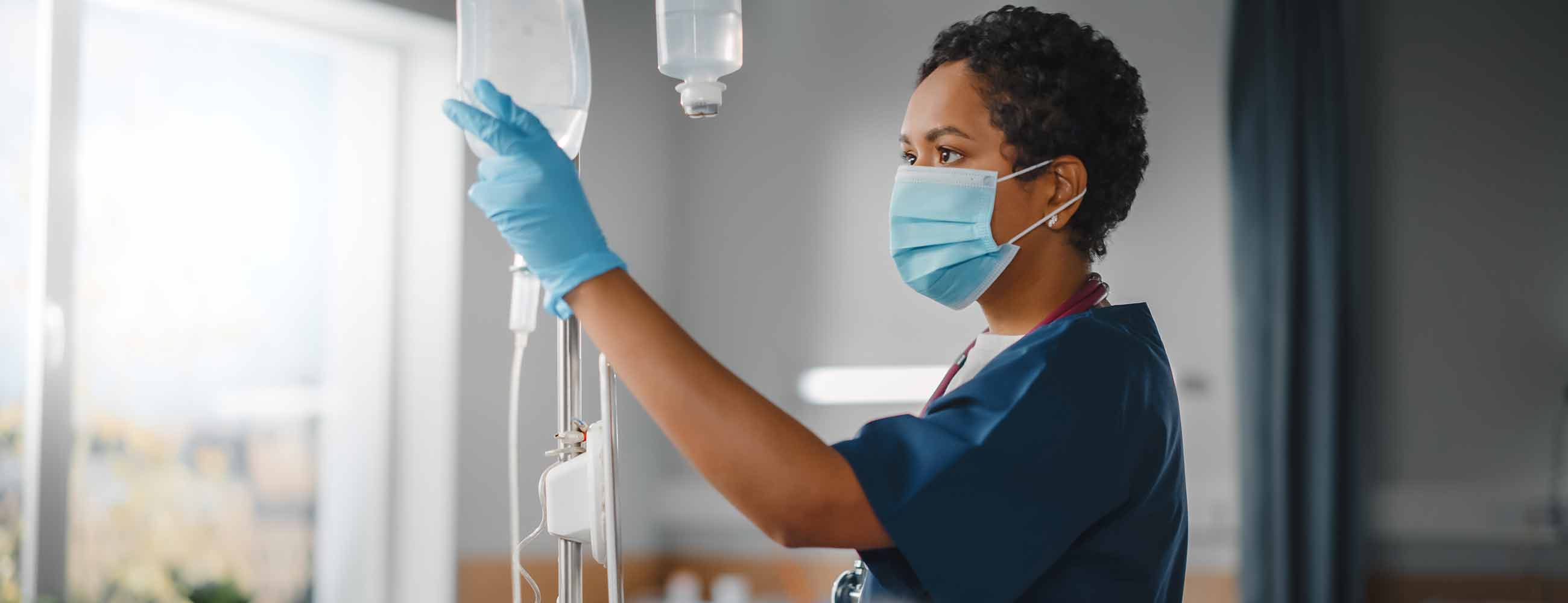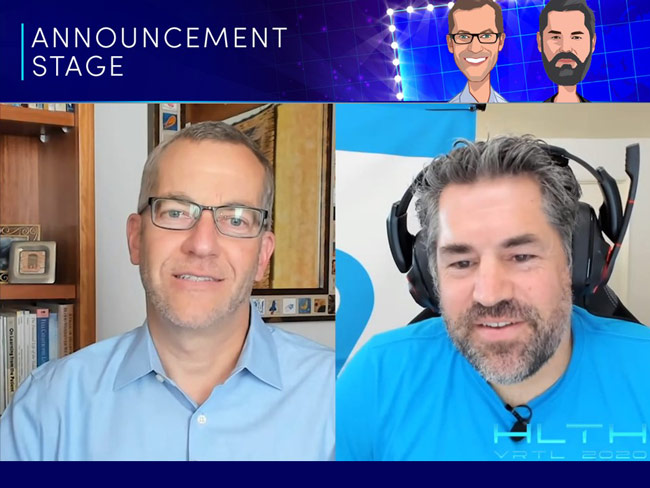Addressing the shortage of mental health workers
There aren’t enough mental health professionals in the U.S. to meet the growing demand. We’re here to help.
Hundreds of therapists participate in our programs every year so they can help meet the unique needs of our diverse communities.
Many places across the U.S. don’t have enough mental health care professionals.
In the U.S. 1 in 3 people lives in an area with a shortage of mental health workers. Low-income areas and communities of color are most affected. And it can be difficult to access care in rural areas and economically stressed cities.
There’s an urgent need to train and license more people to meet the demand for mental health care.
That’s why Kaiser Permanente is taking steps to help more people become mental health professionals.
Educating future therapists
The Kaiser Permanente School of Allied Health Sciences provides education and training in mental health counseling. Students receive direct clinical training at Kaiser Permanente medical centers.
The 2-year program prepares people to be licensed as marriage and family therapists in the state of California. Marriage and family therapists treat a wide range of mental and emotional conditions, including anxiety, depression, and substance misuse.
The Mental Health Scholars Academy supports our employees who want to change careers and join the mental health workforce. Each year, the academy helps train hundreds of new mental health professionals who intend to work for Kaiser Permanente in our Northern and Southern California regions.
Employees in the program pursue advanced degrees while continuing to work. They receive significant financial support, mentorship, and networking opportunities.
We need mental health workers who reflect the racial, ethnic, and cultural diversity of our members. Of the 306 active employees and graduates of the Mental Health Scholars Academy, 77% are people of color and 40% are bilingual.
Both of these programs support the well-being of our members and communities by educating future mental health workers.
Helping graduates get supervised clinical training
After finishing their education, aspiring mental health professionals face a big hurdle. They need many hours of supervised work experience to qualify for a license to practice. And they often have to pay for that supervision out of their own pockets.
But finding and paying for that essential part of their training isn’t always easy.
In California, we have several associate and fellowship programs for people with master’s degrees to help meet this need. In addition to supervised work experience, people in our associate programs receive wages and benefits.
In Oregon and Washington, we launched a post-master's degree associate program in 2023. These employees receive standardized training as well as supervised clinical hours.
By the end of 2024, we plan to have similar associate programs in every state where we provide care.
In Colorado and Georgia, our Mental Health Workforce Accelerator program has a similar mission to help reduce the barriers to licensure. It helps students and recent graduates with job placement, salary support, and options for clinical supervision. This program focuses on placing workers at sites that serve vulnerable communities to help increase access to care.
Learn more about how we’re expanding access to mental health services.

